 |
| Andeok Elementary School on Jeju Island was designated as a top digital school by the Korean government in 2023. |
According to Nikkei Asia, the South Korean Ministry of Education began a comprehensive rollout in March and currently about 30% of elementary, middle and high schools nationwide have adopted these devices.
At the APEC Education Ministers' Meeting that ended on Wednesday, South Korea announced the progress of the implementation while also pointing out many challenges, including regional disparities in the distribution of devices and teachers' digital literacy.
| South Korea has introduced government-approved digital English and math textbooks for third- and fourth-graders, and first-year students in both middle and high schools nationwide. |
South Korea, the APEC 2025 host, hosted the group's first meeting of Education Ministers in nine years, with the theme of innovation in digital education. The event was attended by Education Ministers from 21 countries and regions.
The South Korean government’s initial goal was to roll out the world’s first AI-powered digital textbooks to all schools nationwide. However, some, including teachers, are concerned about the burden that taking full advantage of the technology will place on them, while parents question whether the textbooks will actually improve student performance or lead to digital dependency.
After heated debate, lawmakers made last-minute changes, including requiring the continued use of paper textbooks for subjects such as Korean and home economics and delaying the rollout of others. The government also plans to provide advanced training for more than 160,000 teachers and deploy 1,200 digital tutors as support staff.
Integrating digital technology into education is a global challenge. The joint statement released after the APEC meeting included a section on “AI and digital transformation and personalized education innovation,” stating that AI-integrated classrooms can provide “personalized learning support” that allows students to develop core skills “at their own pace.”
In this regard, the Japanese Ministry of Education issued a report in February stating that digital textbooks will be recognized as official textbooks - a change from the current law, which only recognizes paper textbooks. In the future, digital textbooks will also be subject to government censorship and distributed for free, just like current paper textbooks.
"We share the view that improving the quality of teaching staff is more important than anything else when it comes to digitalization," said Japanese Education Minister Arata Takebe.
Source: https://baoquocte.vn/dua-ai-vao-giang-day-30-truong-hoc-han-quoc-su-dung-sach-giao-khoa-ky-thuat-so-314703.html




![[Photo] National Assembly Chairman Tran Thanh Man attends the VinFuture 2025 Award Ceremony](/_next/image?url=https%3A%2F%2Fvphoto.vietnam.vn%2Fthumb%2F1200x675%2Fvietnam%2Fresource%2FIMAGE%2F2025%2F12%2F05%2F1764951162416_2628509768338816493-6995-jpg.webp&w=3840&q=75)

![[Photo] 60th Anniversary of the Founding of the Vietnam Association of Photographic Artists](/_next/image?url=https%3A%2F%2Fvphoto.vietnam.vn%2Fthumb%2F1200x675%2Fvietnam%2Fresource%2FIMAGE%2F2025%2F12%2F05%2F1764935864512_a1-bnd-0841-9740-jpg.webp&w=3840&q=75)

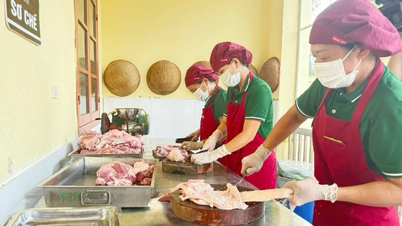

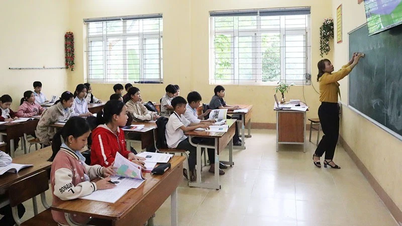


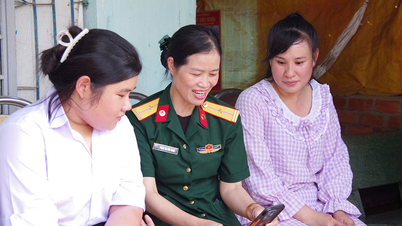

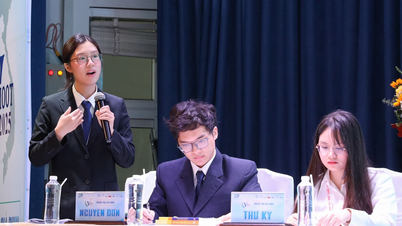

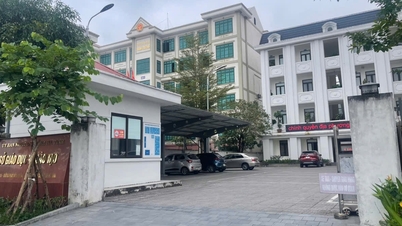




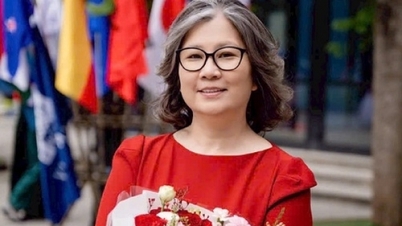
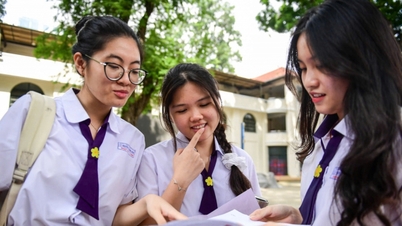
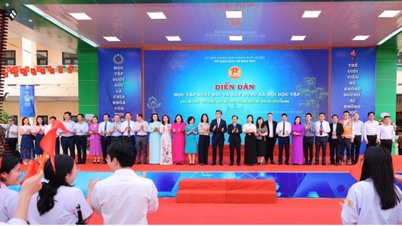

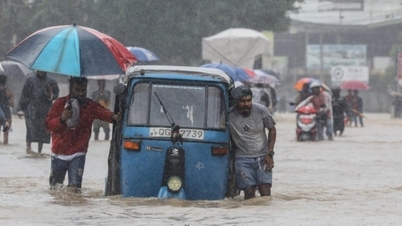
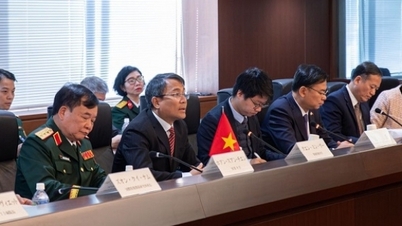








































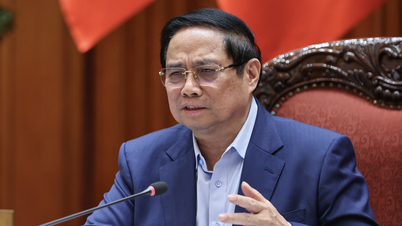









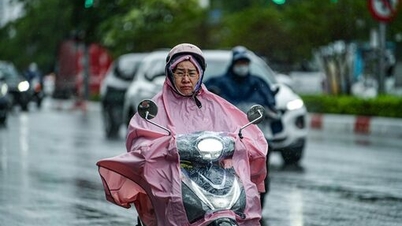

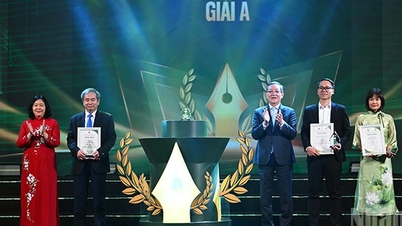

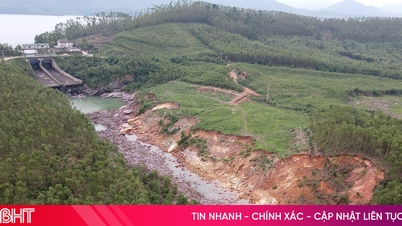

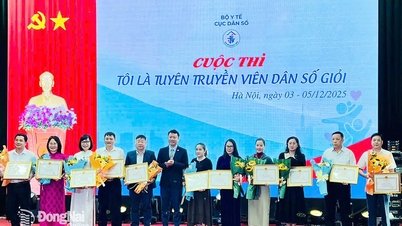

















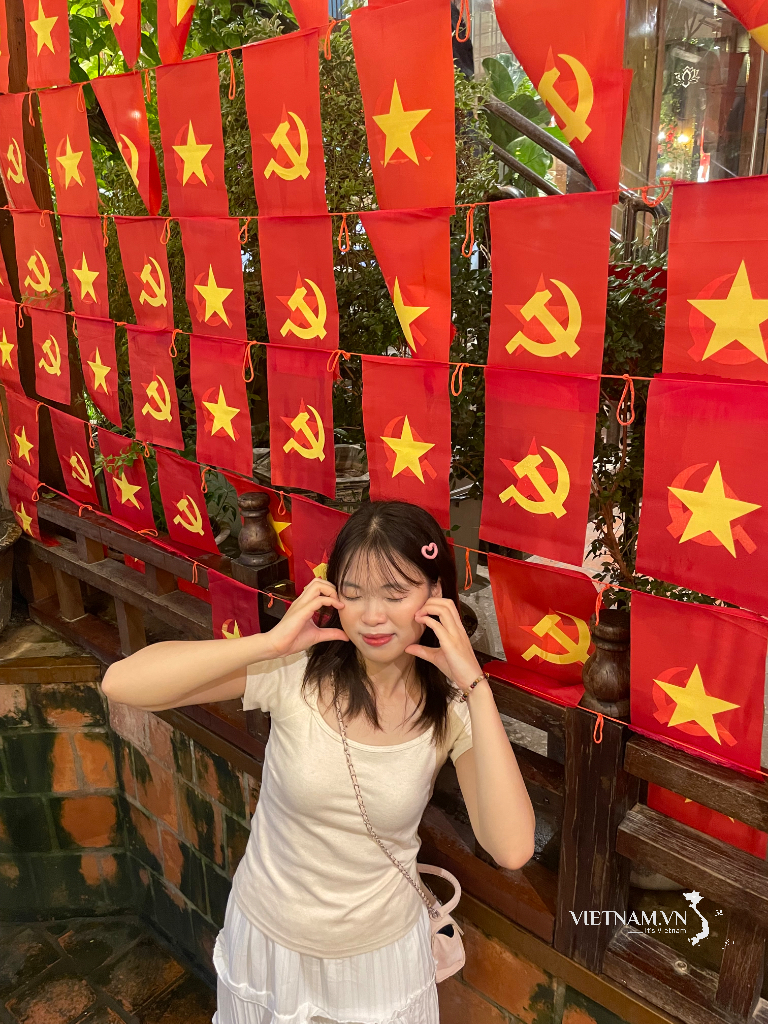




Comment (0)